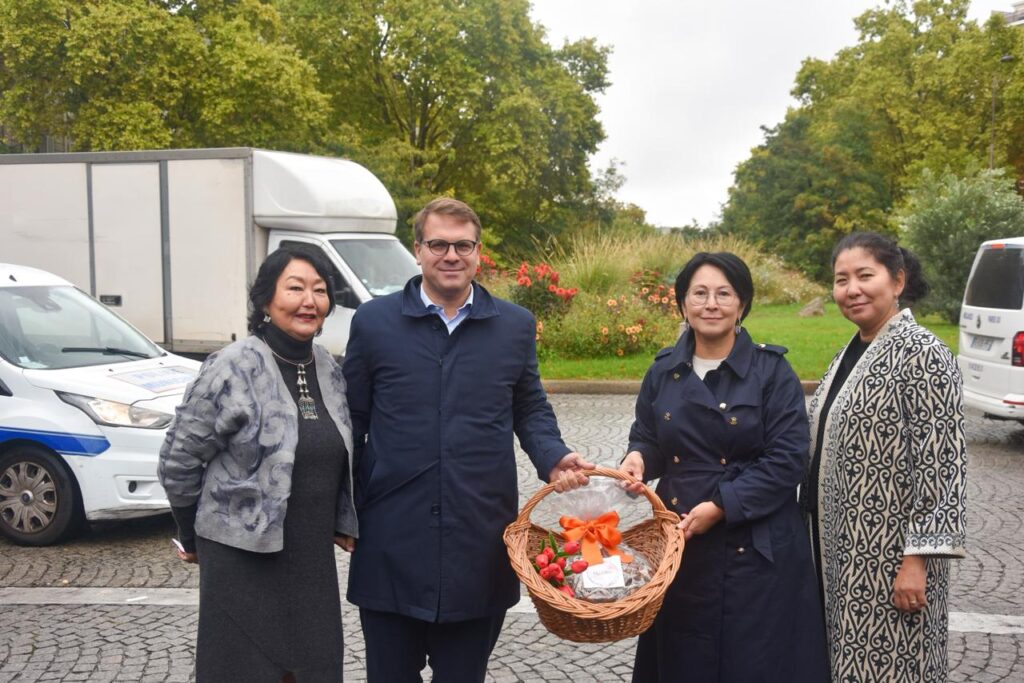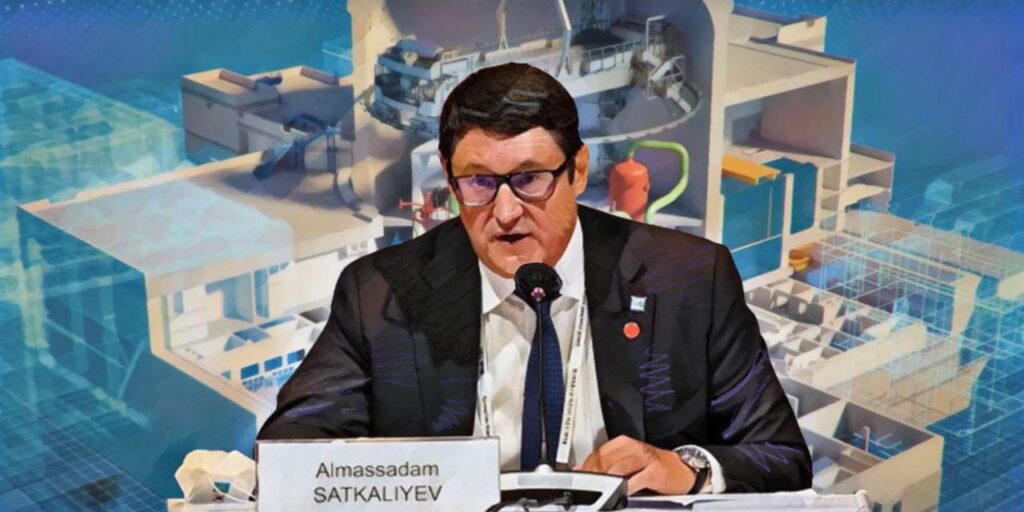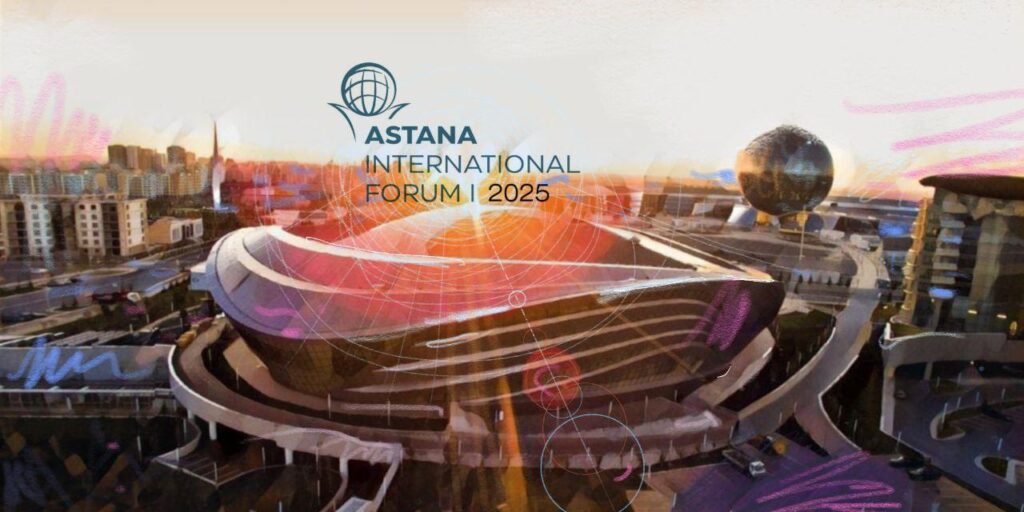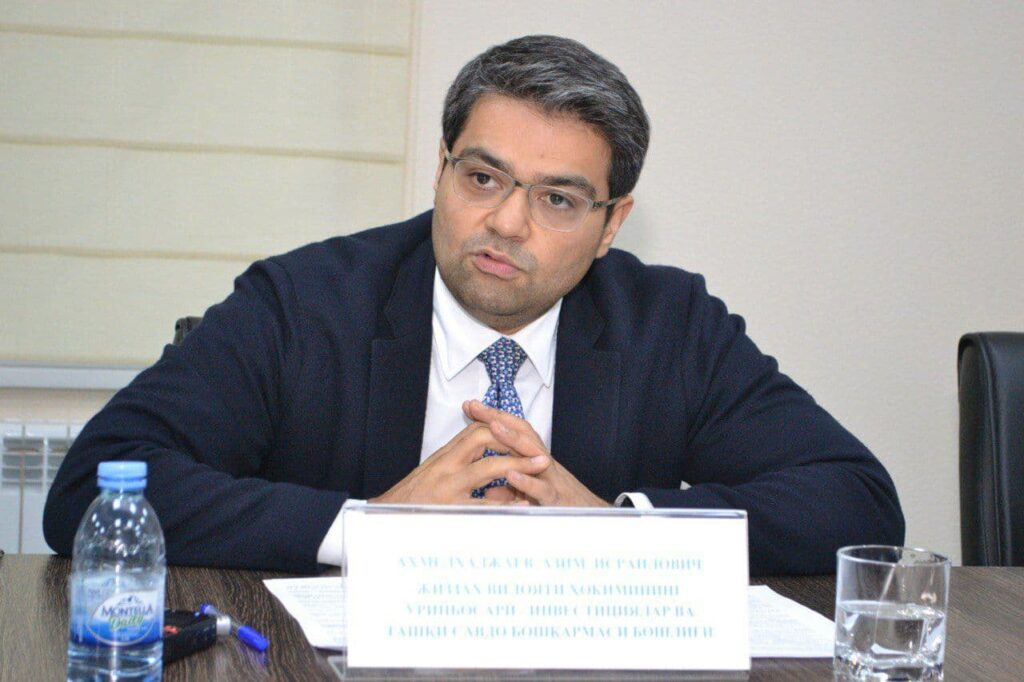Kazakh Tulips to Bloom in Paris
Bulbs of native Kazakh tulips from the steppes near Shymkent have made their way to Paris as part of a broader program of botanical cooperation between Kazakhstan and France. These tulips, originally native to the territory of modern-day Kazakhstan, have long been admired in Europe, especially since the “tulip mania” of the 17th century. Today, Paris officials are eager to add these new specimens from the Kazakh steppe to the city's botanical heritage. The initiative was spearheaded by the Association of Kazakh Women in France, “QazElles,” with support from the Embassy of Kazakhstan in France and in close collaboration with the mayor’s office of Paris’s 17th arrondissement. A flower bed dedicated to Kazakh tulips will be established on Place de Wagram, with Shymkent’s city administration selecting and donating the finest local varieties for the project. [caption id="attachment_36767" align="aligncenter" width="352"] @Aliya Syzdykova[/caption] The symbolic planting ceremony was attended by Kazakhstan’s Ambassador to France, Gulsara Arystankulova; the mayor of the 17th arrondissement, Geoffroy Boulard; and QazElles president Madina Kulmanova. “I have good impressions from participating in the symbolic planting of Kazakh tulips in our district, where 160,000 people live. This is a sign of friendship with Kazakhstan. In addition, tulips are an environmentally sustainable plant, which is important to us. Together with the mayor of Shymkent, we are pleased to participate at our level in strengthening ties between France and Kazakhstan,” said Mayor Boulard. [caption id="attachment_36768" align="aligncenter" width="350"] @Aliya Syzdykova[/caption] The ceremonial handover of the tulip bulbs was conducted in the presence of Paris’s landscaping services, which will be responsible for planting and maintaining the flower bed. A total of 300 tulips are scheduled to bloom on the square by April next year. “And now there will be a little piece of Kazakhstan in this place, and we will admire it every spring. This is a great joy for us Kazakhs living here, but our tulips will also make one of the most beautiful cities in the world, Paris, even more beautiful,” said Meruert Tazhenova, a QazElles member and one of the event’s organizers.






